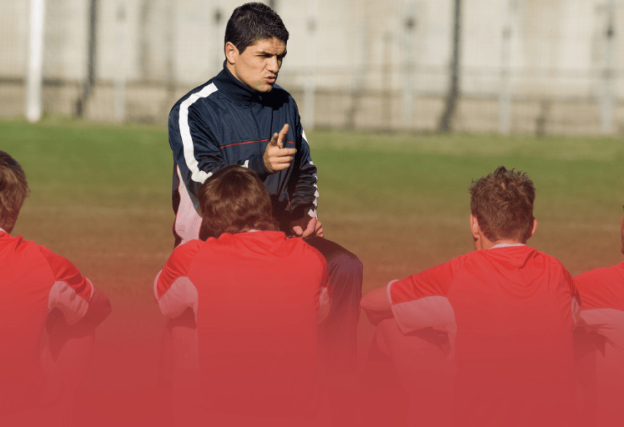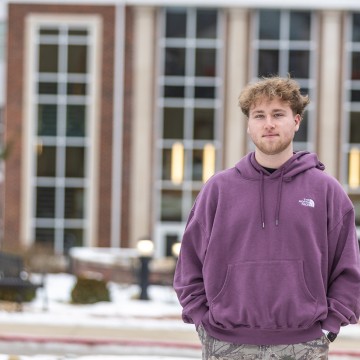Featured

Unlock Career Paths With a Coaching Degree in Sports
A coaching degree transforms a passion for sports and wellness into a meaningful career. A bachelor's in coaching builds strong foundations in exercise science, motivation, communication, and ethics, preparing you to guide athletes and clients safely and effectively. With this background, graduates...
Read Featured Story

Library & AI: Why Libraries Still Matter in the Age of Artificial Intelligence

What is the Criminal Justice System? Insights for Aspiring Legal Minds

12 Essential Skills for Success in Paralegal Jobs Today

What Can You Do With a Human Services Degree? Explore Careers

Finance vs. Accounting Degree: Key Differences Explained

What Is Psychology? A Look at Clinical, Social, and Cognitive Perspectives

Master of Science in Nursing (MSN): Program Options, Specializations, and Outcomes

Top Family Nurse Practitioner Jobs and Clinic Workflows

A Day in the Life of a Commuter Student at Cumberlands – Jackson Reece

10 Exciting Computer Science Career Paths to Explore

Nurse Practitioner vs. Physician Assistant: Education, Scope, and Team Models

What Can You Do With an Accounting Degree? Roles, Settings, and Required Skills